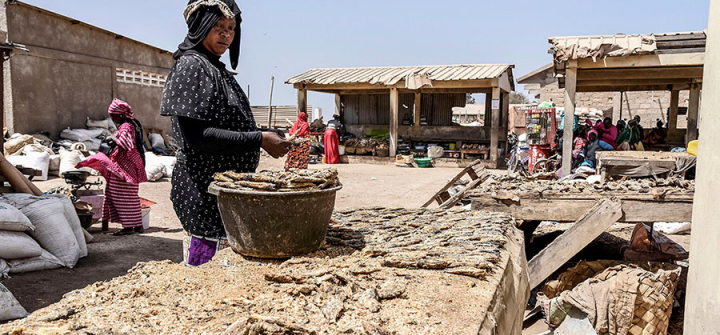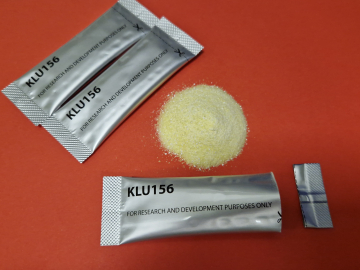The Public Health Case for Massive Debt Relief for Africa
Early, determined steps against COVID-19 across Africa, including strict lockdowns, helped limit deaths—but carried stinging socio-economic costs. To limit the pandemic’s devastating impacts, African countries will need to invest in their health systems, social protection mechanisms and infrastructure.
That cannot happen unless Africa’s lenders roll out sweeping debt relief.
As of June 11, 2020, the continent has reported 5,678 deaths so far—far below WHO projections that 190,000 could die if containment efforts fail. But now, Africa faces its first economic recession in 25 years, driving many countries to lift the lockdowns—despite an impending second wave.
To make sure vulnerable countries can face the ongoing threat, and cover the soaring costs of fighting the virus, suspending Africa’s debt payments won’t be enough. It’s time to reduce, refinance, and cancel the debts.
Consider that across sub-Saharan Africa, public debt comprises 40–59% of the GDP, making Africa the continent with the fastest growing debt accumulation in the developing world.
But who does Africa owe? 20% of African governments’ external debt is owed to China, 13% to other governments, 32% to private lenders, and 35% to multilateral institutions like the World Bank.
In April the IMF Executive Board approved immediate debt relief for 25 vulnerable countries in the form of grants to cover their debt obligations for 6 months, aimed at freeing up scarce resources for emergency medical efforts. And the World Bank Group is tailoring support to the health, economic and social shocks countries are facing; it has also pushed G20 and G7 economies to suspend debt repayments from the world’s poorest countries, which they committed to beginning May 1st. These measures are encouraging, but international agencies and governments should consider larger-scale debt cancelation during the pandemic.
Bilateral creditors should also participate in financial relief efforts for low- and middle-income countries. While China has sent medical expertise and protective equipment, support needs to go beyond “mask diplomacy.” Debt relief from China—one of the world’s largest creditors—may allow African countries to invest in their own health systems instead of relying chiefly on external aid. In April, French President Emmanuel Macron hinted at the possibility of debt cancelation to help African countries manage economically amid the pandemic. France has a history of signing debt reduction-development contracts with heavily indebted countries. Those countries still repay the debt, but the money is then reinvested in grants to finance poverty reduction and strengthen social services. Now is the time for high-income countries to deploy these tools to enable African countries to invest in public health.
For decades, Africa has paid a high price from siloed and short-term global health programs that left little room for strengthening health systems overall. Multilateral and bilateral lenders should consider debt relief strategies and allow for substantial local investment to ease the health and economic crises brought on by COVID-19 in a more sustainable way.
Martha Kirabo, MBChB, MPH, is a medical doctor from Uganda with interest in health systems and implementation science in low- and-middle income countries; she is a recent graduate of the Johns Hopkins School of Public Health. Twitter: @martha_tush
Alix Faddoul, MSc, MPH, is a French-Lebanese international development professional with a background in improving access to health services in low- and-middle income countries, and a focus on the Middle East. Twitter: @alixfdl
For the latest, most reliable COVID-19 insights from some of the world’s most respected global health experts, see Global Health NOW’s COVID-19 Expert Reality Check.
Join the tens of thousands of subscribers who rely on Global Health NOW summaries and exclusive articles for the latest public health news. Sign up for our free weekday enewsletter, and please share the link with friends and colleagues: https://www.globalhealthnow.org/subscribe
A woman arranges dried fish at the deserted fish market in Rufisque, Senegal, on April 9, 2020. Image: Seyllou/AFP via Getty




